Summaries of books about International Relations:

The New Silk Roads
The New Asia and the Remaking of the World Order
Peter Frankopan
The book explores the shifting global economic and political landscape, focusing on Asia's rising influence and interconnectedness through investments, infrastructure, and trade routes reminiscent of the historic Silk Road. It examines how these changes are reshaping relationships between East and West, with implications for global power dynamics and the future world order.
See full summary
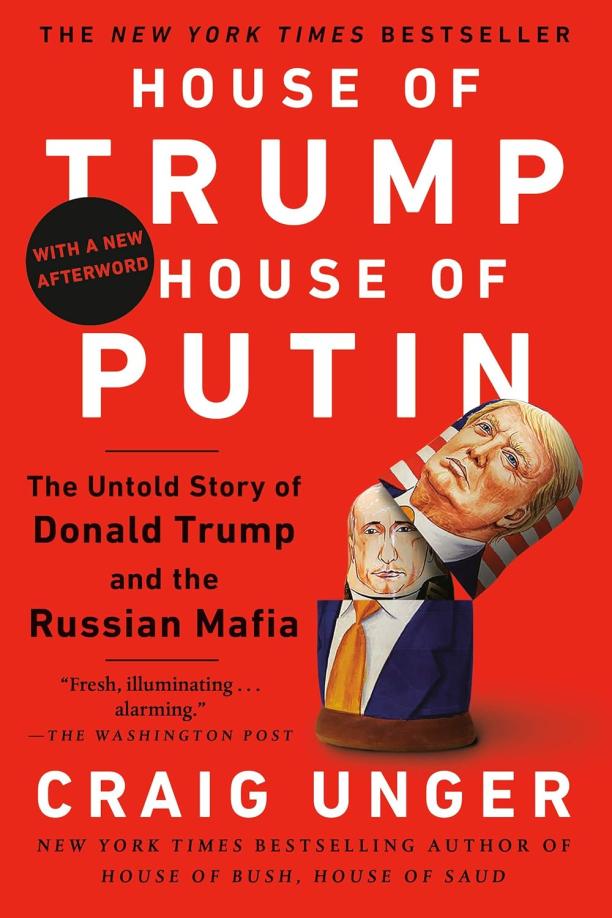
House of Trump, House of Putin
The Untold Story of Donald Trump and the Russian Mafia
Craig Unger
The book investigates the alleged connections between Donald Trump and Russian oligarchs, as well as organized crime figures. It explores how these relationships may have influenced the 2016 U.S. presidential election and shaped Trump's business empire over several decades.
See full summary
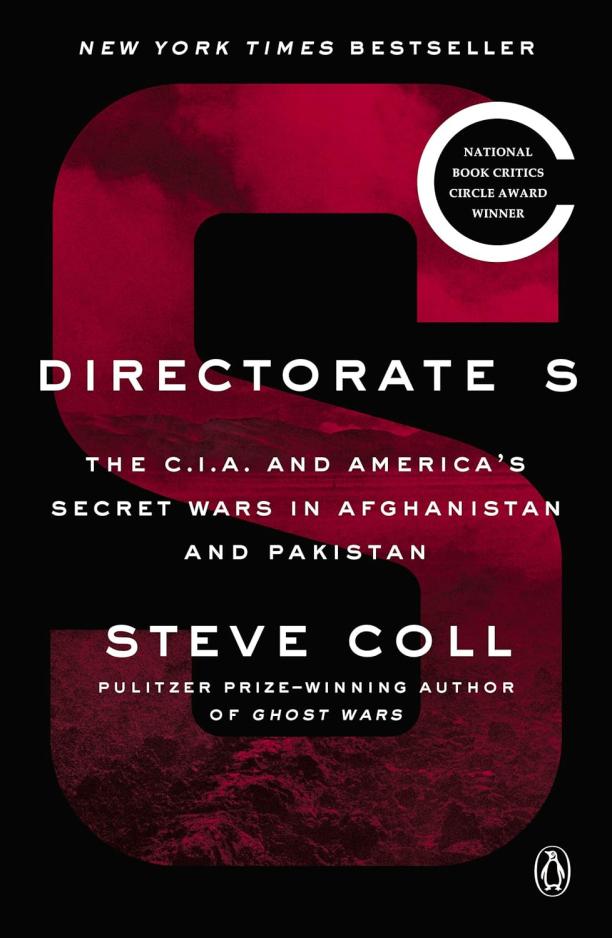
Directorate S
The C.I.A. and America's Secret Wars in Afghanistan and Pakistan
Steve Coll
The book delves into the complex web of conflict and espionage involving the CIA, Afghanistan, and Pakistan, focusing on the secretive unit within Pakistan's intelligence agency, ISI, known as Directorate S. It explores the United States' covert operations and the intricate dynamics of the region post-9/11, highlighting the challenges of fighting insurgencies and the impact of foreign policy decisions.
See full summary
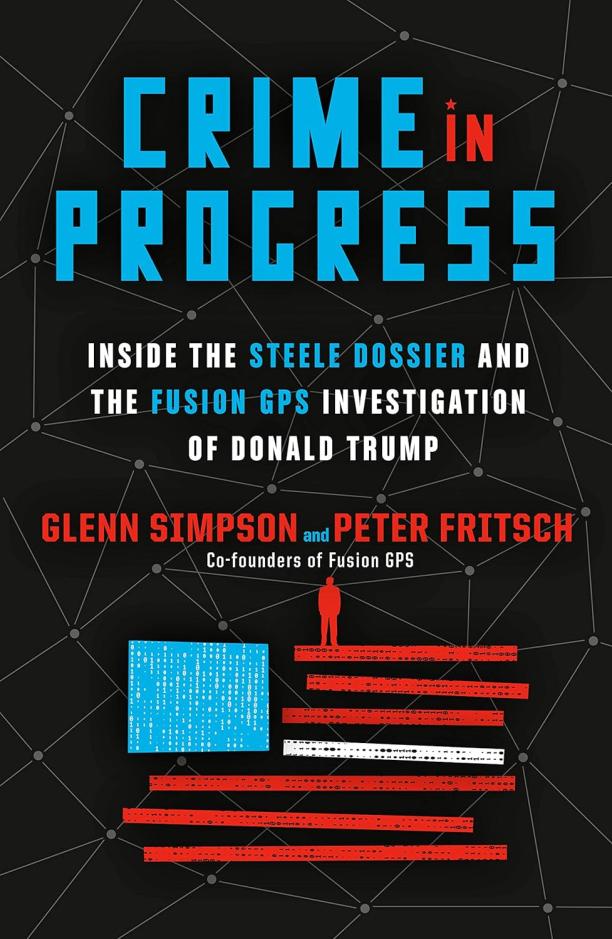
Crime in Progress
Inside the Steele Dossier and the Fusion GPS Investigation of Donald Trump
Glenn Simpson|Peter Fritsch
The book provides an insider account of the investigation into Donald Trump's ties to Russia, detailing the origins of the Steele Dossier and the work of Fusion GPS, the research firm behind it. It offers a detailed narrative of the events and research that fueled allegations of collusion between the Trump campaign and Russia during the 2016 election.
See full summary
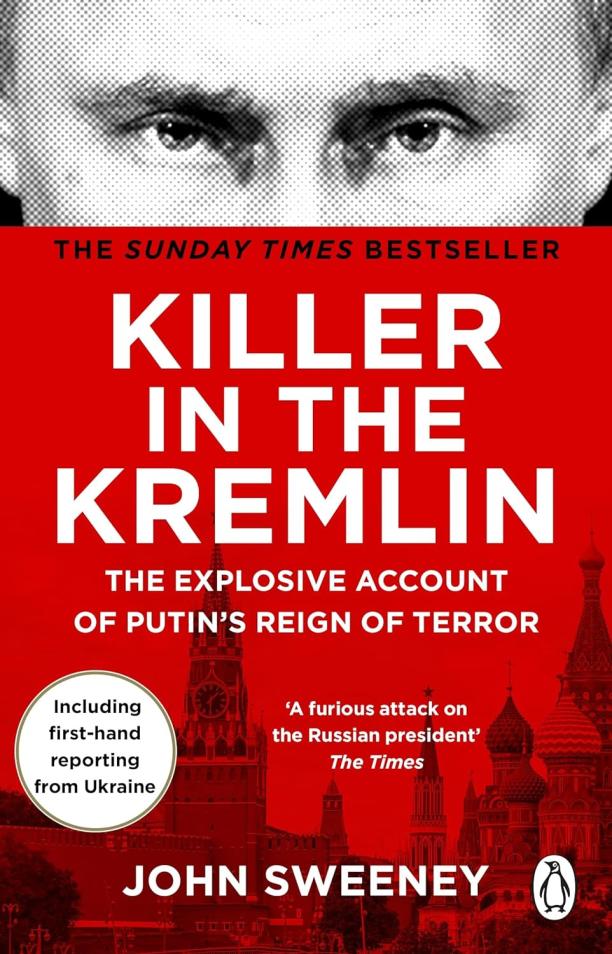
Killer in the Kremlin
The instant bestseller - a gripping and explosive account of Vladimir Putin's tyranny
John Sweeney
The book provides a detailed examination of Vladimir Putin's rise to power and his tenure as the leader of Russia, highlighting the authoritarian tactics and political machinations he has employed. It delves into the various controversies and allegations of violence associated with Putin's governance, painting a picture of a ruthless and calculating ruler.
See full summary
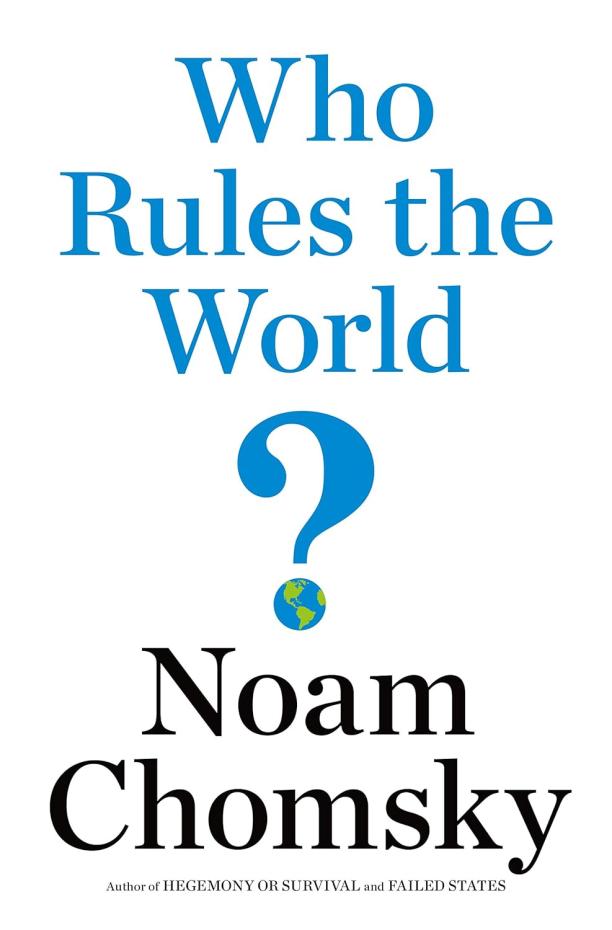
Who Rules the World?
Noam Chomsky
The book presents a critical analysis of contemporary global politics, focusing on the role of the United States in international affairs, including its military interventions and foreign policies. It examines the consequences of American power on global stability, democracy, and the environment, arguing for a reevaluation of the concept of "American exceptionalism" and the need for more ethical and sustainable approaches to governance.
See full summary
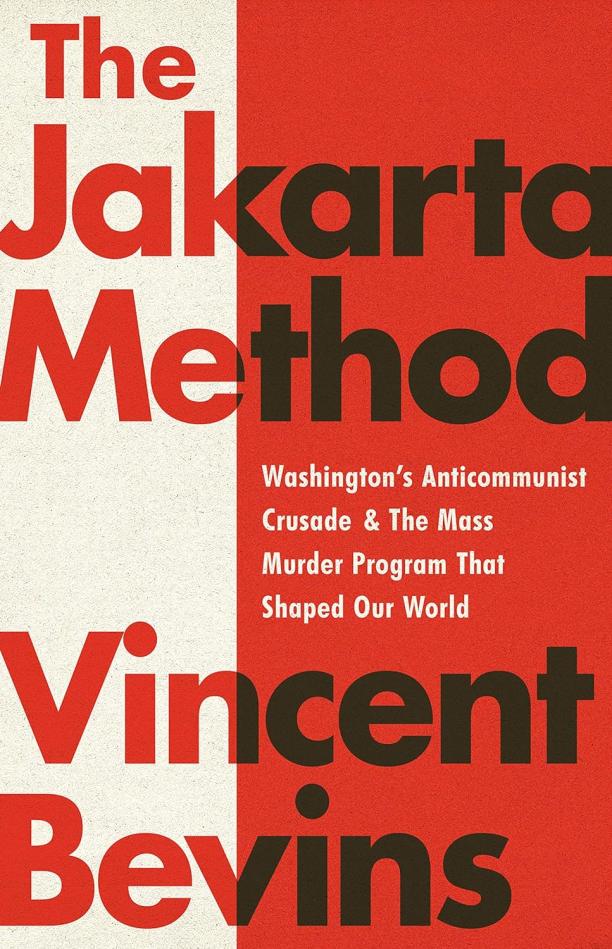
The Jakarta Method
Washington's Anticommunist Crusade and the Mass Murder Program that Shaped Our World
Vincent Bevins
The book investigates the United States' support for anticommunist regimes during the Cold War, focusing on the mass killings in Indonesia in 1965-66 as a case study. It explores how these events influenced global politics and the spread of authoritarian governments backed by the U.S. in other countries.
See full summary
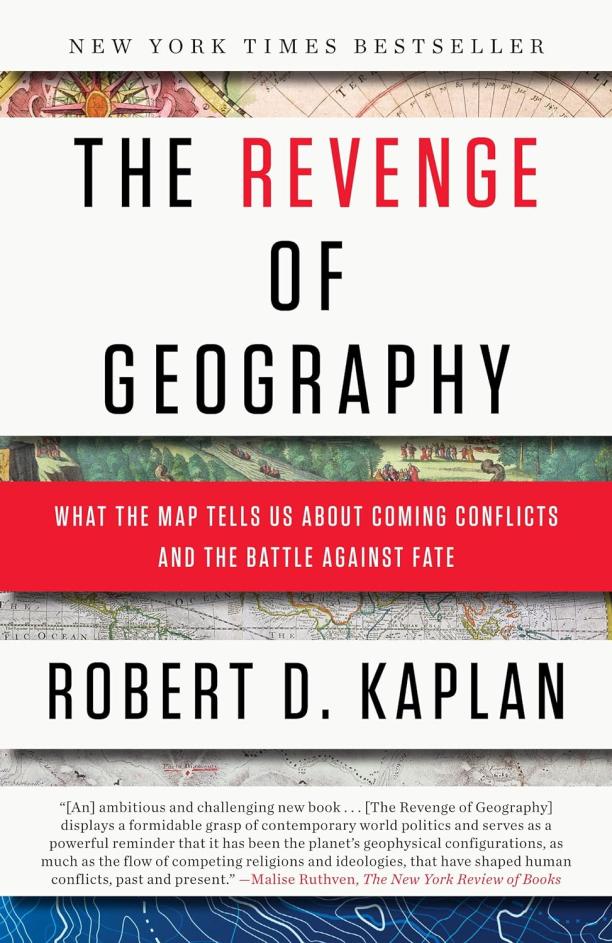
The Revenge of Geography
What the Map Tells Us About Coming Conflicts and the Battle Against Fate
Robert D. Kaplan
The book explores how a country's geographical location and topography can influence its political fate and international relations, arguing that physical geography shapes the destiny of nations despite technological advancements. It examines historical and modern geopolitical strategies, suggesting that understanding the map is crucial in foreseeing and preparing for future conflicts.
See full summary
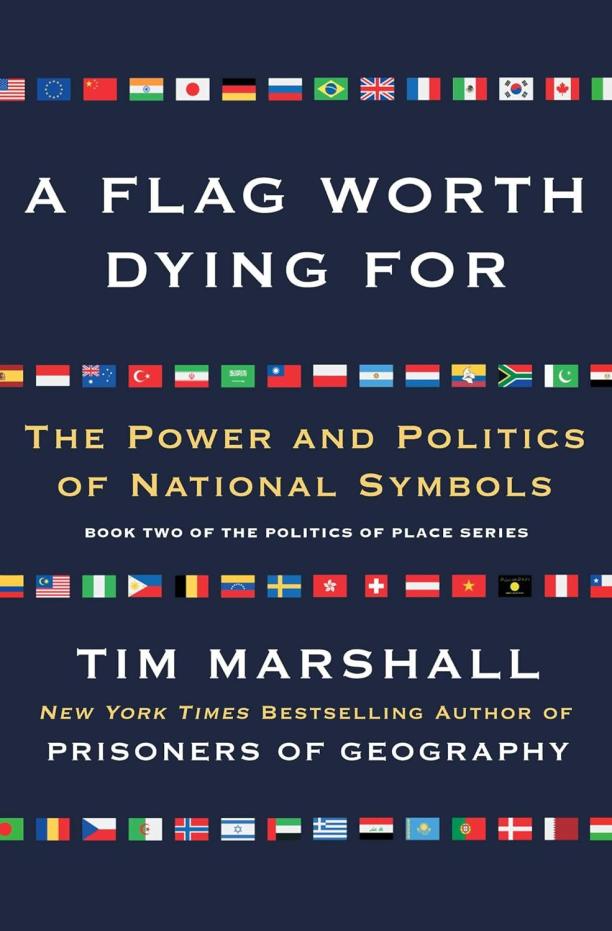
A Flag Worth Dying For
The Power and Politics of National Symbols
Tim Marshall
The book explores the significance and history behind national flags from around the world, delving into the cultural, political, and social meanings these symbols carry. It examines how flags can unite or divide people, represent identity and ideology, and play a role in global events and national pride.
See full summary
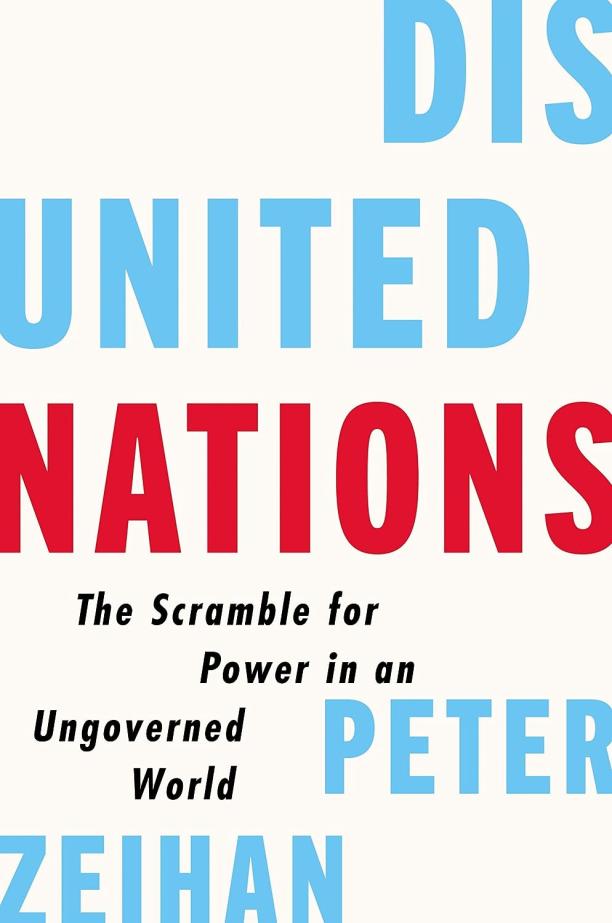
Disunited Nations
The Scramble for Power in an Ungoverned World
Peter Zeihan
The book presents a geopolitical analysis predicting the decline of global institutions and the rise of regional powers, arguing that geography, demographics, and energy resources will shape a future where nations must fend for themselves. It examines the potential fates of various countries in a world where the United States retreats from its role as a global stabilizer.
See full summary